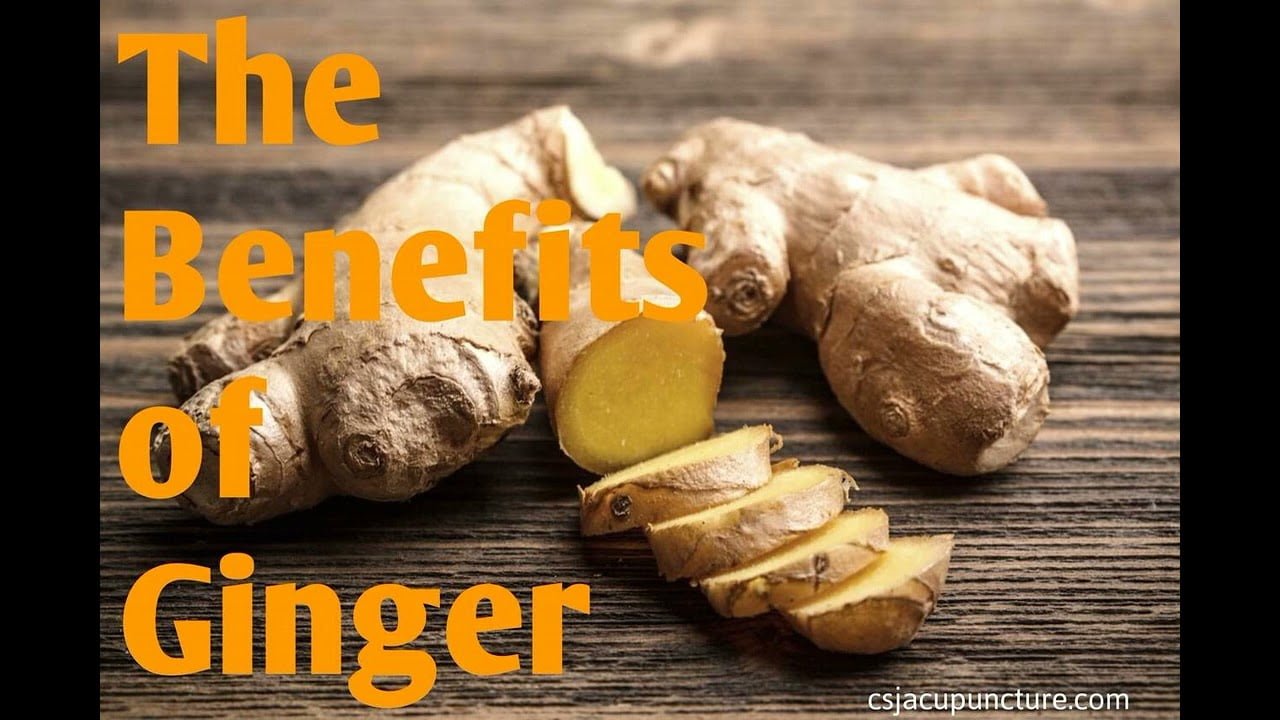This post may contain affiliate links and ads in which we may earn a small percentage of purchases.
Transcript:
The Wonders of Ginger, History, Modern Uses, and Benefits.
Have to get some ginger, oh yeah!
So you want to learn a little more about ginger?
Please don’t forget to like and subscribe.
A stainless-steel acupuncture pen and gua sha set.
 View Product
View Product
Ok, so,
Ginger, scientifically known as Zingiber officinale, is a remarkable spice and medicinal plant with a rich history dating back thousands of years. This article explores the fascinating journey of ginger, from its ancient roots to its modern applications. We’ll delve into the numerous benefits of ginger, both in contemporary settings and through the lens of Traditional Chinese Medicine, (TCM).
The History of Ginger
Ginger’s origins can be traced to Southeast Asia, where it likely first interacted with humans as far back as 3000 BCE. Ancient cultures, including the Chinese, Greeks, Romans, and Egyptians, cherished ginger for its aromatic flavor and medicinal properties. It became a valuable commodity along the ancient spice trade routes, and its popularity spread globally.
Modern Uses of Ginger
In the modern era, ginger has continued to play a prominent role in various aspects of human life.
Culinary Delight: Ginger adds a zesty and aromatic flavor to dishes and beverages. It’s a staple ingredient in many cuisines, featuring prominently in Asian stir-fries, Indian curries, and Western desserts like gingerbread.
Natural Remedy: Ginger is celebrated for its therapeutic qualities. It’s widely used to alleviate digestive issues, combat nausea (including motion sickness and morning sickness), and relieve muscle pain and inflammation.
Flavor and Aromatherapy: Ginger is a key player in the world of aromatherapy and essential oils. Its warm, spicy scent is often used in perfumes, candles, and skincare products.
Traditional Medicine: Ginger is a foundational component in traditional medical systems like Ayurveda and TCM. In these practices, it’s employed to harmonize the body’s energy and alleviate ailments.
The Benefits of Ginger
Numerous scientific studies support the potential health benefits of ginger. Here are some notable advantages, supported by research.
Anti-Inflammatory Properties: Ginger contains bioactive compounds, such as gingerol, that have potent anti-inflammatory and antioxidant effects. These properties may help reduce oxidative stress and inflammation in the body, potentially benefiting conditions like osteoarthritis and general inflammatory disorders.
Digestive Aid: Ginger is well-known for its role in digestive health. It can help relieve indigestion, bloating, and nausea. Additionally, ginger has been studied for its potential to improve gastrointestinal motility and alleviate symptoms of irritable bowel syndrome, (IBS).
Nausea Relief: Ginger has been found effective in reducing nausea and vomiting, making it a valuable natural remedy for motion sickness, morning sickness during pregnancy, and chemotherapy-induced nausea.
Pain Management: The anti-inflammatory properties of ginger can also translate into pain relief. Some studies suggest that ginger may help alleviate menstrual pain, migraines, and muscle soreness.
The Benefits in TCM Theory
In Traditional Chinese Medicine, ginger is valued for its ability to influence the body’s Qi, which means energy, and balance the body’s Yin and Yang energies. It’s considered a warming herb that can help dispel cold and dampness in the body. Here are a few key benefits of ginger according to TCM theory.
Warming Properties: Ginger is believed to have a warming effect on the body, making it useful for individuals with cold constitutions or those experiencing cold-related symptoms, such as cold limbs or abdominal discomfort.
Harmonizing Digestion: TCM views ginger as a herb that can promote healthy digestion by regulating the flow of Qi and alleviating symptoms of indigestion, bloating, and diarrhea.
Expelling Wind-Cold: Ginger is often used in TCM formulas to help the body expel wind-cold, particularly during the early stages of colds and flu. It’s believed to promote sweating and help the body overcome external pathogens.
In conclusion, ginger’s journey from its ancient origins to its modern applications is a testament to its enduring value in human culture and health. Its benefits, including anti-inflammatory, digestive, and pain-relief properties, are supported by scientific research. In Traditional Chinese Medicine, ginger’s warming and harmonizing qualities make it a versatile herb for maintaining balance and well-being. Whether you’re savoring its flavor in a dish or harnessing its healing properties, ginger remains a cherished and versatile ally in the world of holistic health.
Jump-start your metabolism with the 21-Day Smoothie Diet! Replace meals with delicious, nutrient-packed smoothies that help burn fat, boost energy, and keep you feeling full. Start your transformation today →
Medical Disclaimer: This article is for informational and educational purposes only and is not a substitute for professional medical advice, diagnosis, or treatment. Always consult a qualified healthcare provider with any questions about a medical condition or treatment.





